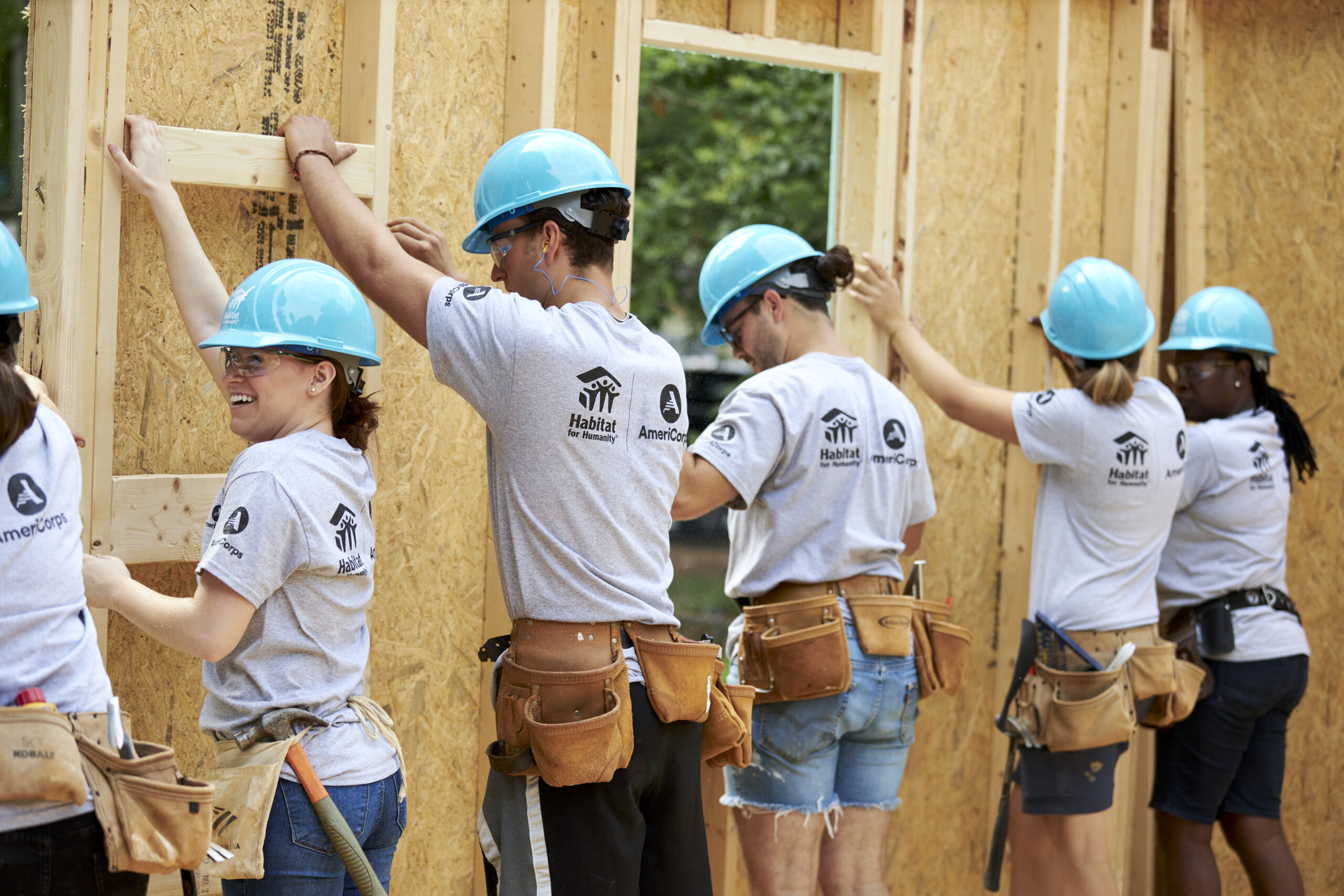
Courses
Course descriptions
Provides students with basic domestic violence education and training in preparation for working with domestic violence survivors in the community, as well as support throughout their first semester of internship placement. The course provides training in evidence-based interventions, including the implementation of an evidence-based safety decision aid, a tool to enhance risk assessment, safety planning, and referral to additional community resources. The course also emphasizes the unique mission of AmeriCorps members through the Corporation for National & Community Service.
This course will cover the theoretical and practice frameworks for understanding and preventing teen dating violence (also known as teen dating abuse). This course will incorporate intersectionality, and how various identities and experiences of oppression impact the experience of and response to teen dating violence. This course will also highlight the importance of community-based and culturally-responsive prevention.
This course focuses upon intimate partner violence (IPV) among families involved with the child welfare system, providing an understanding of the intersection between IPV and child maltreatment, the health and mental health effects of IPV on women and children, and concrete tools to intervene in IPV. Additionally, the course explores how experiences of child welfare-involved families with a history of IPV might vary depending on race, culture, age, and other areas of difference and diversity.
This course examines health disparities associated with gender-based violence. Using an ecological and intersectional framework the course examines disparities among marginalized populations exposed to GBV and the effects of health, mental health, and substance abuse outcomes.
This course introduces the concept of domestic violence fatality review and applies it to the analysis of de identified cases. Students will closely examine an array of deaths and the social, cultural, economic, and historical contexts within which they take place. They will build case timelines, identify case antecedents, 2 assess the degree of coordination, communication, and collaboration among community agencies, organizations, and stakeholders, and develop possible preventive interventions. Case types addressed will include: male and female perpetrated intimate partner homicides, familicide, and suicide.
This course provides students with training and education in preparation for political and community advocacy to address domestic violence and sexual assault from a macro social work perspective. The course provides education in the history of the domestic violence movement, including its roots in the feminist perspective and the rape crisis movement. Furthermore, students will critically analyze the domestic violence movement, examining the role of marginalized populations within the movement as well as unintended consequences of the movement. It concludes by planning for the future of the domestic violence movement, including next steps in policy advocacy, programming, and community engagement.
This course will examine the use of intimate partner violence risk assessment in social work practice with survivors of IPV.
This course will examine the use of intimate partner violence (IPV) risk assessment in social work practice with survivors of IPV. We will examine theories and research that explain, define, and describe IPV risk assessment; the intended uses and predictive value of the various available IPV risk assessment instruments; and the use of IPV risk assessment instruments in social work practice interventions, including within risk informed collaborative interventions (e.g., the Lethality Assessment Program). The course will present an evidence based practice framework for the use of risk assessment in social work practice, and students will be encouraged to think critically about the use of risk assessment across social work practice settings.
Students on the MSW track have various opportunities for engaging with real world scenarios in a learning environment. The Survivor Link AmeriCorps Program and the ASU Domestic Violence Certificate Program are great ways for students to immerse themselves in their upcoming field of work and to gain a unique perspective about support services for survivors of domestic and intimate partner violence.
DV Certificate
The Domestic Violence Certificate, offered through the School of Social Work, is available for all ASU students interested in developing advanced knowledge and gaining practice skills in domestic violence, victim advocacy, and evidence-based interventions.
Courses
The School of Social Work offers multiple undergraduate and graduate courses on gender-based violence and healthy relationships, focused on developing knowledge and gaining practical skills that can be applied across a range of professional settings to impact our communities.
Survivor Link
Survivor Link AmeriCorps provides students with hands-on experience implementing healthy relationships and domestic violence interventions while engaging in national service and earning money - all while completing a degree-required internship or practicum!


